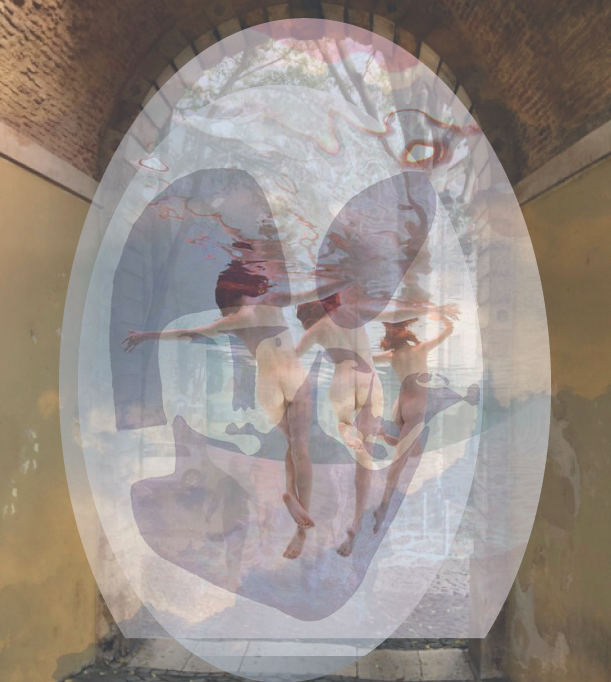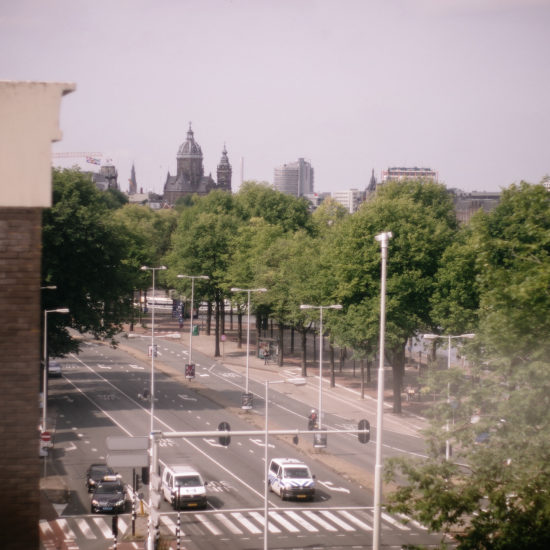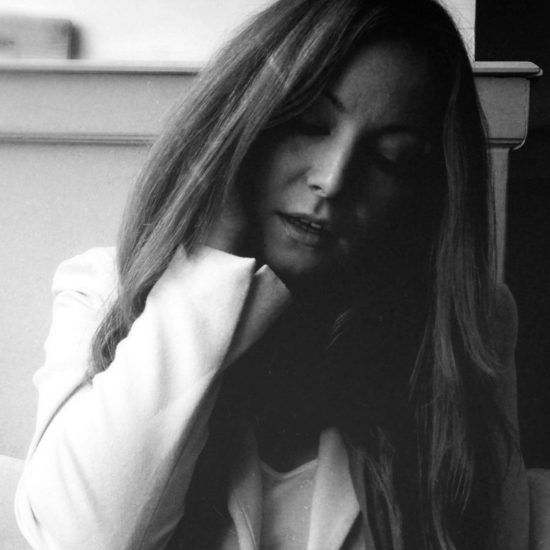When I was in 5th grade, acting on copy-cat inspiration from my friends, I decided I was going to keep a journal. I remember the first time I saw it. Our school was having a book fair and we were allowed to scope out the goods before the big night of the fair. The journal caught my eye immediately, propped up on a stack of its partners, gleaming in iridescent turquoise. I was around 10 years old and its shiny cover was made out of, what was supposed to be,”dragon skin.” Could there be anything cooler? It was to be mine, and I would go on to write in it with a borderline neurotic dedication, chronicling every moment of my daily life, for what would be the length of one year.
It would be the only year I kept a journal.
This new-found hobby of “journaling” became a point of guilt for me. If I didn’t write in it for a few days, I would gush my apologies onto the page and then set about the task of detailing every event of my life that had transpired since my last entry. The minutiae of grade school life. We had a new substitute teacher in class. So and so was mad at me because of what so and so said about this or that. These were the moments I so desperately didn’t want to neglect or leave out of my obsessive little diary. Once my beautiful, shimmering notebook was filled, I didn’t replace it. It would be the dragon-skinned unicorn of journals.
In its stead, I would go on to save every agenda I ever had (to this day), where every appointment was noted and every homework assignment listed on partially crossed out daily to-do lists. The solid, fake leather bound chronicles piling up on my shelf. It would be unthinkable to get rid of these detailed accounts of my life. What if, say, one day, I needed to remember what I was doing sophomore year of high school on November 7th? What if I needed to recall what I was studying during my freshman year of college? What if I needed to know if I had a birthday party when I was 20? There was no way I could ever let these safe-holds of memory go. They were the keys to my steadily growing past.
Of course, as you may have guessed, these little quirks are but symptoms of a deeper fear. The fear of losing what is most precious; memory. The things that define my path and have, however consciously or subconscioulsly, steered my course and shaped my perceptions of my life. These are the elements of my narrative and the thoughts that create my current beliefs. To lose them, it sometimes feels, would to be lose life itself.
So, with futile attempts, I cling to my memories, holding them close and tight. Upon any visit home, I quiz my mom about family history, desperately trying to make the name of my great grandmother on my dad’s side stick. What if she dies? I will be ignorant to my own roots, my own pathways into existence, left to piece together my biological history through online search engines and petinaed pictures. Where will that leave me?
Upon catching up with an old friend, she casually mentions that one time when..My mind squints through the haze, reaching out for the sleeve of the memory that is almost visible through the fog. I reach for it further, stretching my muscles to their limit. If only I can touch the cuff, the whole arm would come to me. But when no amount of stretching can revive the memory, it’s a failure of grand proportions. I chastise myself. “How can you be so forgetful?”
It may sound silly to some. I mean, of course, we can’t expect to remember everything. That’s ridiculous. We’re only human. It’s in our nature to forget. In fact, many scientists and psychologists have argued that it makes life more enjoyable and improves certain aspects of our survival to not be burdened with it all.
Or, you may think, well naturally you can’t remember, with all your striving and fixating, the memories couldn’t possibly even have the space to surface. Bread doesn’t rise while you’re watching it. Water doesn’t evaporate with your face to the pot. With all of this obsessing, maybe you’re just stifling the memories, not giving them a chance to breathe.
You’re right. Reason tells us these are perfectly feasible explanations. But feelings point to a different story. Because with each memory forgotten, it feels like a piece of myself is disappearing. Soon enough, I will be a container filled with vapid experiences, only shadows of their former richness. And yet, these are supposed to be the essence of my life, platforms to my current stage. But how can vapor hold my weight? Rising upwards requires a sturdy step to stand on.
And that’s where the problem lies. It’s about ensuring that the life being lived is not baseless. Actions are deliberate, past experiences vital. Without a sense of immediacy, life takes on an ambiguous form. Uncertainty of the driving factors makes future decisions tenuous with doubt.
Maybe it boils down to wanting an assurance that I’m on solid ground and in full control of what’s before me.
But it’s also true that there is another side to this tale. A side steeped in compassion, gently whispering; “but life is a flowing form.” An attempt to hold the water as it rushes past is impossible and, ultimately, in vain. Life cannot fit in agenda-sized boxes. The truth of your existence persists with or without your exacting memory of every experience. Because however subtly, experiences have cupped their hands around your being and told the lines where to go. The truth is an impression left in the grooves, lodged there for eternity. While the edges may dull with age, the form is intact and made more elegant with the softening.
In my attempts to understand my sorrow around this specific fear, I understand that it is like all others that plague me and plague all of us. Letting go and releasing is the job before us. It’s about realizing that going through life with arms full is a cumbersome way to live. It feels much better to let it all fall to our feet and move our arms as they wish.
Read more on letting go.
*Collage images taken from Christiane Spangsberg (face drawing) and Ed Freeman (trio of women photo).




